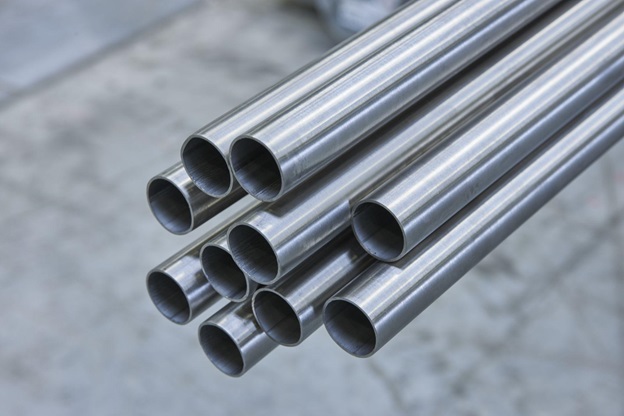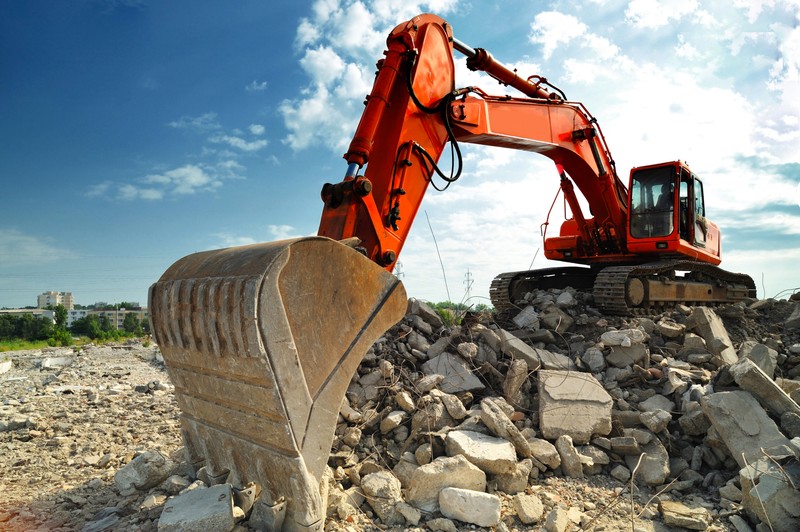In industrial engineering, accuracy and robustness are essential. The quality of the parts used determines how well pipelines and machinery function in the oil and gas, chemical, and power-generating sectors. Among these key components, forged fittings carry credentials as dependable and powerful symbols of reliability. This article discusses the significance of a forged fittings manufacturer in promoting precision engineering, especially their role in ensuring safety, efficiency, and longevity in many different industrial applications.
Understanding Forged Fittings
Forged fittings, which are made of premium metals like carbon, alloy, or stainless steel, are an integral component of plumbing systems. Because they are forged at high pressure and temperature, these fittings—which are renowned for their longevity—have more strength and resistance to corrosion. Metal is intentionally deformed throughout the production process to improve its structural integrity and mechanical performance. In forging, precision ensures tight tolerances and constant quality—something that is essential when components have to be incorporated into intricate systems.
Importance of Forged Fittings Manufacturers
By offering specialised solutions for particular demands, a forged fittings manufacturer plays a vital role in a variety of sectors. They provide custom designs to satisfy project specifications in addition to their conventional fitting expertise. From simple thread-forged fittings composed of boiled forged steel to complex assemblies, manufacturers employ the latest techniques as well as state-of-the-art machines to produce precision-engineered components. Moreover, they boast strict quality standards and accreditation according to industry regulations and codes.
Key Attributes of Leading Forged Fittings Manufacturers
The main features of a leading forged fittings manufacturer usually include:
- Advanced Manufacturing Facilities: Leading manufacturers invest in high-tech equipment and machinery, such as CNC machining services, to optimise production processes and achieve unbeatable precision.
- Extensive Product Range: An extensive selection of forged fittings, from couplings and unions to elbows and tees, allows producers to serve a broad range of industrial applications.
- Quality Assurance: Stringent testing procedures that include non-destructive testing and material analysis provide each fitting with the highest quality standard and meet all performance requirements.
- Customisation Capabilities: Design and production flexibility enable a forged fittings manufacturer to meet specific customer needs in terms of seamless integration and enhanced system productivity.
- Timely Delivery and Support: Efficient logistics and quick response customer service guarantee both product delivery and ongoing technical support when problems do arise. It ensures manufacturer-client partnerships can last for many years.
Applications Across Industries
Common areas where forged fittings can be found include:
- Oil and Gas: In oilfields, refineries, petrochemical plants and offshore platforms, the upstream, midstream and downstream operations will all need to join piping systems, valves or equipment with forged steel threaded fittings. They are widely employed as part of many catch lines for data collection and the sites also find popularity among those keen on tourism.
- Chemical Processing: In chemical processing plants, crucial parts of the production setup involve particularly hazardous leaks. This being the case, reactors and distillation columns not only require exceptional tightness as regards leakage control but also need to withstand extremely severe chemical environments if they are to be long-lived.
- Power Generation: Forged fittings are used in steam, water, and gas pipe systems in power plants, which include thermal, nuclear, and renewable energy facilities. Fittings like this contribute to the upkeep of vital parts, including heat exchangers, turbines, and boilers.
- Shipbuilding and Maritime: In the building of ships, offshore platforms, and marine infrastructure, forged fittings are essential. They are utilised in pipe systems for fuel, cooling, hydraulic, and other applications where strong and reliable connections are necessary.
- Aerospace and Defence: These industries employ forged fittings in their military vehicles, spaceships, missiles, and aeroplanes. They are used in applications that need the highest standards of longevity and dependability, such as fuel lines, load-bearing parts, landing gear assemblies, hydraulic systems, and other applications.
- Automotive and Transportation: In automotive assembly, there are many applications for forged fittings, including motor compounds, chassis soldering units, steering gears, braking systems and injectors. They help to make the car more efficient, safer and longer-lived.
- Mining and Minerals: Pipe systems that use forged fittings are used to deliver water, slurry, chemicals, and compressed air. They may also be found in mills, crushers, and flotation cells used in mineral processing.
Future Trends and Innovations
As industries change, makers of forged fittings will take on emerging technologies and new materials in response to changing demand. Additive manufacturing (AM) techniques, such as 3D printing, furnish entirely new avenues for rapid prototyping and tailored production. Moreover, the development of materials science (including high-performance alloys and composites) promises increased life and efficiency in the forged fittings themselves.
Conclusion
In the intricate weaving of industrial engineering, heat treatment Australia, forged fitting factories stand as guardians of precision and trustworthiness. Their dedication to craftsmanship, together with the newest technology and unwavering quality standards, supports the harmonious functioning of global essential facilities.
While industries develop, the role of a forged fittings manufacturer will remain critical to both efficiency and inventive durability elements in precision engineering. Pipelines running through massive vats, heavily crowded chemical plants, and endless offshore oil rigs are just a few examples. Precisely made forged fittings bring in the backbone of global industries and open the way for the future.




